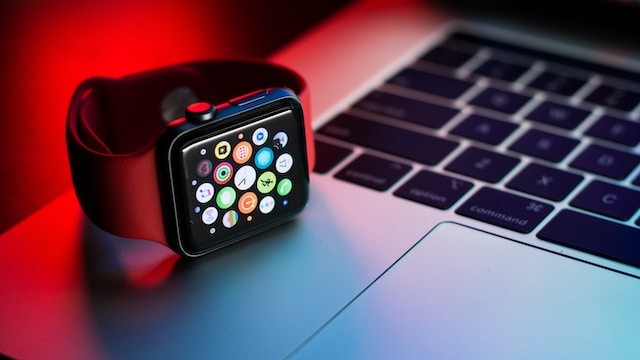In a recent jolt to tech giant Apple (AAPL.O), the brand has been forced to appeal against a decision that bans the import of Apple Watches. This issue surfaced following a complaint by Masimo (MASI.O), a leading name in medical monitoring technology. The crux of the problem? The Biden administration declined to veto this significant move by a government tribunal.

What Triggered the Appeal?
In addition to challenging this import ban, Apple filed an emergency request with the U.S. Court of Appeals for the Federal Circuit, hoping to suspend the ban. This measure is a tactical pause, allowing U.S. Customs and Border Protection time to ascertain whether the redesigned Apple Watch versions infringe upon Masimo's patents. As of now, the decision regarding this patent infringement issue is set for January 12.
Masimo's allegations against Apple involve claims of intellectual property theft. They accused Apple of hiring their employees, getting a hold of their pulse oximetry technology, and integrating it into the widely coveted Apple Watch.
The U.S. ITC (International Trade Commission) has imposed a stringent order that restricts the import and sales of Apple Watches utilizing technology that enables blood-oxygen level readings. Interestingly, Apple incorporated this pulse oximeter feature into its smartwatch, starting from the Series 6 model launched in 2020.
ALSO READ: Apple's Patent Dispute Prompts Halt in U.S. Sales of Series 9 and Ultra 2 Smartwatches by 2023
Revelations from Key Campaigners
The decision by U.S. Trade Representative Katherine Tai against reversing the ban has made the ITC's ruling final as of December 26. Her decision followed extensive discussions and careful consultations with relevant stakeholders.
"We strongly disagree with the USITC decision and resulting exclusion order," an Apple spokesperson expressed, emphasizing their disappointment. Simultaneously, a Masimo spokesperson deemed the ITC decision a victory for American consumers and the integrity of the U.S. patent system.
Apple's Business Move or a Legal Debacle?
Nicholas Matich, an intellectual property attorney from McKool Smith, shared an interesting perspective. He hinted that Apple might consider designing around the patents quickly or extracting the infringing feature. Such steps would enable Apple to bypass the need to settle this dispute, even though this is usually the norm.
However, given the high-profile nature of the product involved and Apple's bold decision to accept the ITC order, this situation stands out. For example, a previous presidential veto of an ITC ruling last happened in 2013 when then-President Barack Obama overturned an import ban on Apple phones and iPads due to a patent dispute with Samsung.
Understanding the Impact & Looking Forward
As a result of the ban, Apple's sales of its Series 9 and Ultra 2 smartwatches have paused in the United States but remain available through third-party retailers. What remains unaffected are the Apple Watch SE, a less expensive model, and previously sold watches.
Regarding the dispute's long-term effects, Stifel analysts anticipate that this "final" ITC case verdict may extend for roughly another year with Apple's potential appeal.
Although the dispute is ongoing, one thing is clear-having experienced legal assistance is crucial in navigating complex situations with significant potential consequences. As seen from this case, enlisting the help of an intellectual property attorney can help firms safeguard their interests and strategize for future contingencies. If you are in a similar predicament, consider contacting an experienced attorney who can provide tailored advice to align with your business requirements.




